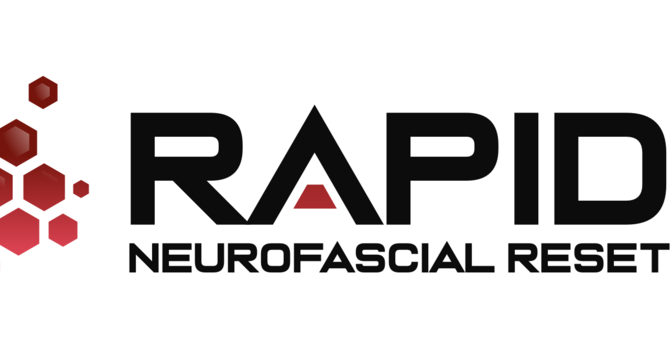5 Questions for your Oncology Massage Therapist
For both cancer patients in treatment and those who are in remission, a good massage can be not only relaxing and invigorating, but also help you stay in tune with your body. The positive benefits are endless.
However, never settle for just any kind of massage. Finding a massage therapist who has had the appropriate training and is familiar with oncology massage and cancer treatment is the best option. Their knowledge and experience will allow them to provide safely adapted massage therapy for patients at all stages of cancer and recovery.
But how do you know if your massage therapist is qualified?
I’ve put together a list of 5 important questions you should ask a massage therapist to be sure they are qualified and experienced in oncology massage.
1. Have you been trained in the contraindications, modifications, and benefits of massage for people with a cancer history?
This is important. If they haven’t had the training, then you’ll may want to consider someone else. There are risks to receiving massage from someone who isn’t experienced and doesn’t understand the best methods for working with cancer patients.
2. What is your experience in working with people with a history of cancer?
The answer to this question can be tricky to interpret. As with any service, you’ll be better served to choose someone who has experience. At the same time, it’s important to keep in mind that oncology massage is relatively new and most therapists simply won’t have years of experience. Consider the types of cancer clients they indicate having worked with and what the benefit was for that client. Have they worked with someone who has your condition? A general rule is that no one massage therapist is going to know it all, but the more experience and training they have, the better for you.
3. Will I meet with you regarding my medical history?
You’re looking for a “Yes” answer here. If the therapist isn’t going to take this important step, then they’re probably not a good choice for you. Understanding your medical history, including your cancer history, and taking the time to sit down and discuss it with you, is essential when it comes to safe oncology massage. This step helps to insure the massage therapy your purchasing works specifically for you and that you and your therapist are on the same page.
4. Because I’ve recently had surgery, Chemotherapy or radiation, how will you handle the risk of lymphedema?
Because lymphedema is such a serious condition, it’s very important that your massage therapist is familiar with it and the risks. If you’re dealing with someone who doesn’t know what lymphedema is, that’s a good sign that you should look for someone else.
5. How will the fact that I’m immune-compromised affect the therapy?
An experienced and knowledgeable oncology massage therapist will know and understand how important the immune system is. They also know how cancer affects the immune system and what hygiene-related precautions they should take.
By asking these questions, you’ll gain a better understanding of the experience and training of your massage therapist. More and more research is showing the positive effects massage can have for cancer patients, but it’s important that it’s administered by the right person.





